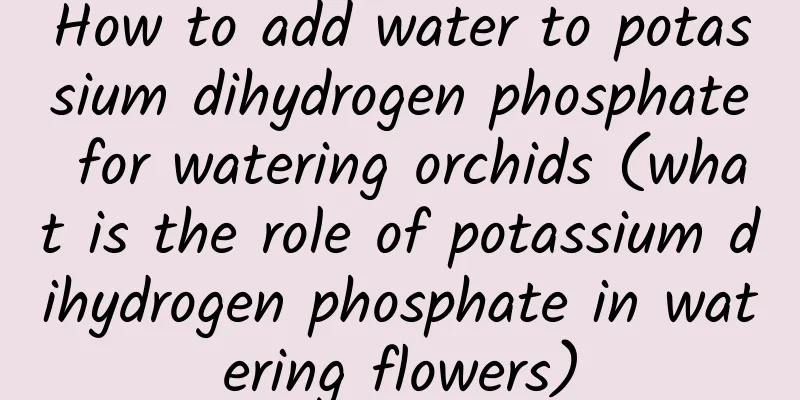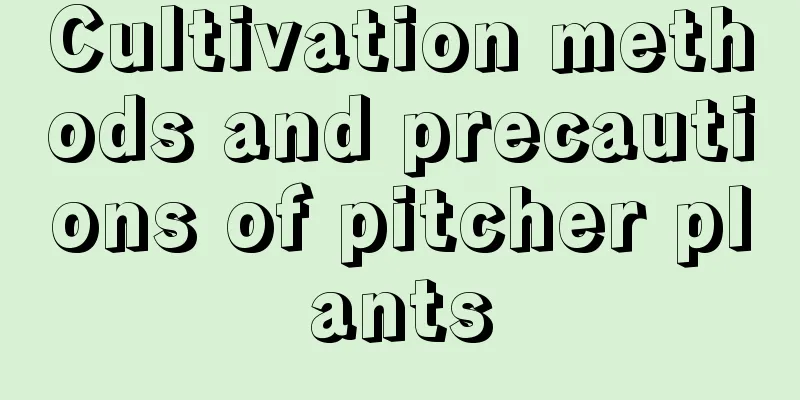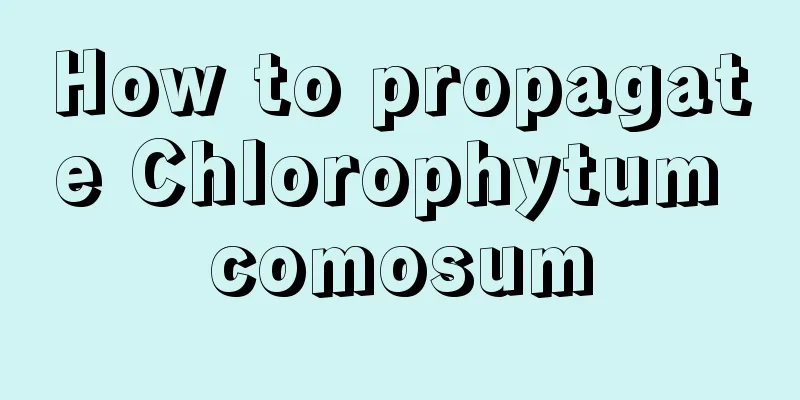How to add water to potassium dihydrogen phosphate for watering orchids (what is the role of potassium dihydrogen phosphate in watering flowers)

Period of use of potassium dihydrogen phosphate:Potassium dihydrogen phosphate contains about 85% phosphorus and potassium, and other trace elements account for about 15%. Phosphoric acid can improve the environmental adaptability of flowers, disease resistance, and reproductive growth of plants when growing flowers. Therefore, it can be used before the flowering period of plants. Many flower lovers often encounter the problem that flowers do not die or grow when planting flowers. If symptoms of stunted seedlings appear one month after planting, you can also use potassium dihydrogen phosphate once. Potassium dihydrogen phosphate can help plants adapt to new environments better, promote plant cell activity, and accelerate plant germination. Amount of potassium dihydrogen phosphate used:There are two common types of potassium dihydrogen phosphate: one is domestically produced and the other is imported. The dosage will be different when used again. Generally, the domestic products are diluted at a ratio of 1:800 to 1:1000 , which means about 1 gram is diluted with about two bottles of 500 ml mineral water bottles. If you use imported potassium dihydrogen phosphate, the dilution multiple can be relatively high. It is generally recommended to dilute 1 gram of potassium dihydrogen phosphate with 1200 to 1500 times of water , that is, 1 gram to 500 ml of mineral water bottle water, about two and a half bottles to three bottles. Precautions for use of potassium dihydrogen phosphate:1. When using potassium dihydrogen phosphate, spray it in sunny weather after dusk. The seasonal temperature should be between 15 and 28 degrees Celsius . 2. The instruction manual of potassium dihydrogen phosphate itself says it is a "foliar fertilizer". The best way to use it is in the form of a spray, spraying it on the leaves and trunk . Although some people say that soil irrigation can be used, the effect is poor because potassium dihydrogen phosphate will react chemically with some alkaline elements in the soil. 3. The diffusion of hormone fertilizer potassium dihydrogen phosphate is poor. For a single fertilization operation , you should continuously spray the front and back of the leaves 2 or 3 times, with an interval of 15 minutes each time. This is the most ideal effect . |
<<: How to grow potted jasmine well (how to grow jasmine bonsai well to make it bloom)
>>: How to fertilize flowers at home (how to apply fertilizer to flowers at home)
Recommend
How to spend the summer with succulents
Do not expose to the sun Even if it is placed on ...
What is the best month to plant edamame in the south?
When is edamame planted in the south? Southern ed...
How to raise Molan for beginners? How to raise Molan at home (attention and precautions for raising Molan at home)
First, fear that the planting material is not sui...
The main species of Hellebore
Helleborus serrulate Hellebore serrulate, also kn...
Carp breeding technology and fish pond management
Carp has tender meat, delicious taste and rich nu...
Common Pests of Crape Myrtle and Their Control Methods
Aphids infestation on crape myrtle Symptoms There...
How to grow white orchid indoors
1. Soil When growing white orchids indoors, you n...
Phalaenopsis cultivation methods and precautions
Phalaenopsis is very popular, but many people fin...
If you cut this branch for cuttings, no wonder nothing will grow, it’s useless even if you plant 100 pots!
Choose the right branches for cuttings Cuttings a...
Environmental conditions and characteristics of kelp growth
Environmental conditions and requirements for kel...
Can canary roses be planted in the ground?
Can canary roses be planted in the ground? Canary...
How to grow Ligustrum lucidum
1. Breeding conditions 1. Water: Ligustrum lucidu...
When is the best month to see the ginkgo trees in Nanxiong, Shaoguan? When are the yellow leaves visible?
1. Which month is best to watch Nanxiong in Shaog...
Vinegar is the favorite of these "3 types" of plants. You can drink tens of kilograms of it at a time, which can strengthen the root system and keep yellow leaves away!
Vinegar is used as a condiment in our daily life....
How many years does Podocarpus bear fruit?
Introduction to planting Podocarpus Podocarpus is...









